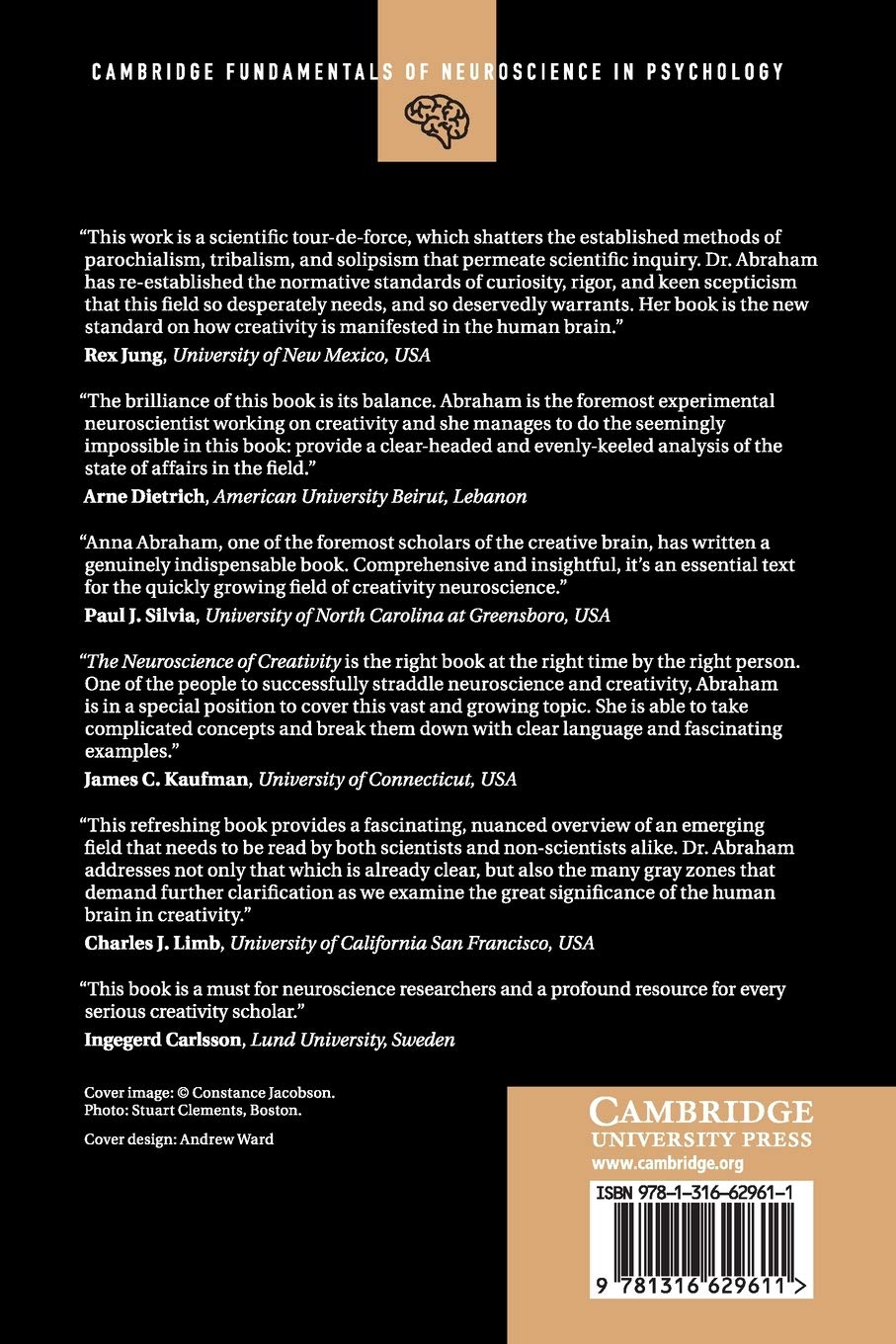


Full description not available
K**8
over restriction of a human trait until it is not replicable and un-testable
The first third of the book is philosophy not science. The result is restricting a common human ability until it becomes so rare as to be arguable that it even exists. The given examples demonstrate more ignorance in the evaluator than characteristic of the historical person. For example, the definition of creativity leaves out Einstein, Michelangelo, Beethoven, and frankly any other person who ever lived. Furthermore, the author's definition of creativity is not replicable on demand and cannot be observed in a scientific environment. Thus, the book is uninteresting. I would suggest reconsidering the overly restrictive hagiographic definition of creativity. What is interesting is how does a human perform problem solving to generate a product or idea regardless of external measures of novelty or originality. Originality is not real world relevant.
O**D
Great research, but grab a thesaurus
Tough choice between a 3 or 4 out of 5. The book is incredibly well researched, and gives fantastic & useful summaries of a massive range of studies I doubt I ever would have come across otherwise.With that said, Dr. Abraham loves writing the most awkward and overly-verbose sentences possible. Naming 9 traits and then listing them as traits a, b, c, ..., and i. "The fundamental generativity of our linguistic capacities" is one of the worst ways I could ever say "Our ability to use language is naturally creative".I doubt I will ever be smart or passionate enough to do the research & writing it took to make this book. But that's why I'm reading it, and consistent quirks like these aren't making that any easier.
Trustpilot
1 day ago
2 days ago